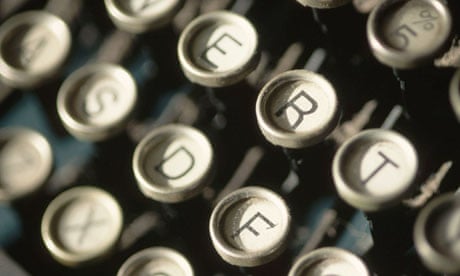In the wake of the US surveillance scandal revealed by the US whistleblower Edward Snowden, Russia is planning to adopt a foolproof means of avoiding global electronic snooping: by reverting to paper.
The Federal Guard Service (FSO), a powerful body tasked with protecting Russia's highest-ranking officials, has recently put in an order for 20 Triumph Adler typewriters, the Izvestiya newspaper reported.
Each typewriter creates a unique "handwriting", allowing its source to be traced, the report said.
"After the scandal with the spread of secret documents by WikiLeaks, the revelations of Edward Snowden, reports of listening to Dmitry Medvedev during his visit to the G20 summit in London, the practice of creating paper documents will expand," a source inside the FSO was quoted as saying.
Documents leaked by Snowden last month said US spies based in the UK intercepted top-secret communications by Medvedev, then president and now prime minister, during his London visit in April 2009. Russian officials were furious about the reports.
The revelations by Snowden, currently believed to be in Moscow's Sheremtyevo airport, fed Russian fears over the dangers of the internet and electronic communications.
"Many documents are still not created in electronic format," Izvestiya's source said. "This practice continues inside the defence ministry, the emergency situations ministry and the security services."
Much of the country's sprawling bureaucracy appears stuck in time, resigned to using telegrams and faxes for most communications.
"From the point of view of ensuring security, any form of electronic communication is vulnerable," Nikolai Kovalev, an MP and former head of the Federal Security Service, told Izvestiya.
"Any information can be taken from computers. Of course there exists means of protection, but there is no 100% guarantee that they will work. So from the point of view of keeping secrets, the most primitive method is preferred: a human hand with a pen or a typewriter."






Comments (…)
Sign in or create your Guardian account to join the discussion